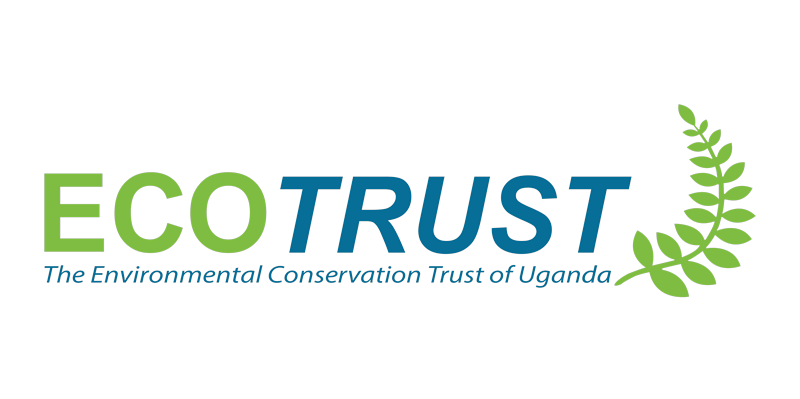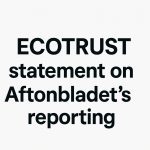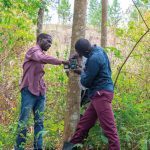
UNDP is partnering with ECOTRUST to set up and implement a payment for environmental services (PES) facility for the Austrian Development Agency (ADA) project- based on a similar collaborative partnership (2014-2016) for implementing a viable PES facility for ecosystem-based adaption to Climate Change in the Mt. Elgon area – with pilots in Bulambuli and Sironko Districts.
The PES facility presents an opportunity for a long-term sustainability financing mechanism that helps farmers engage in activities that build their resilience through reversing ecosystem degradation and generating sustainable incomes. This project seeks to restore wetlands and associated catchments in the Kyoga Water Management Zone in general, and the Mpologoma Catchment Area in particular. The project activities have been developed to respond to specific climate-related impacts and vulnerabilities of the Mpologoma catchment as outlined in the Mpologoma Catchment Management Plan (CMP). These include (i) Sustainable Land Management practices and Reforestation; (ii) Climate resilient agricultural practices; and (iii) Alternative livelihoods for communities living in these areas to reduce the pressures on the wetlands.
The project is focusing on 5 Districts of Butaleja, Budaka, Kibuku, Namutumba, and Kaliro within the Kyoga Water Management Zone with a total population of over 1.1 m people (UBOS, 2014) and a land area of over 2,961.6 Km2. The proposed districts were prioritized for catchment restoration in the Mpologoma Catchment Management Plan (2018) due to their enormous degradation levels and the fact that they share boundaries with Mpologoma wetland.
ECOTRUST will design a PES-based scheme to incentivize wetland conservation, sustainable land management and reforestation; and climate resilient agricultural practices for at least 11,000 households in the 5 districts of Butaleja, Budaka, Kibuku, Namutumba and Kaliro in the Mpologoma Catchment area of the Kyoga Water Management zone. Incentive payments will be designed for performance-based premium environmental outcomes including soil and water conservation, watershed protection services, carbon sequestration and biodiversity conservation. PES payments will be performance-based linked to targets set out in individual or group conservation contracts signed with the participating beneficiaries. The sustainability of the PES Facility financing model is based on its ability to generate capital to recoup investments (through sale of environmental services) to expand participation and to diversify.





Follow Us On